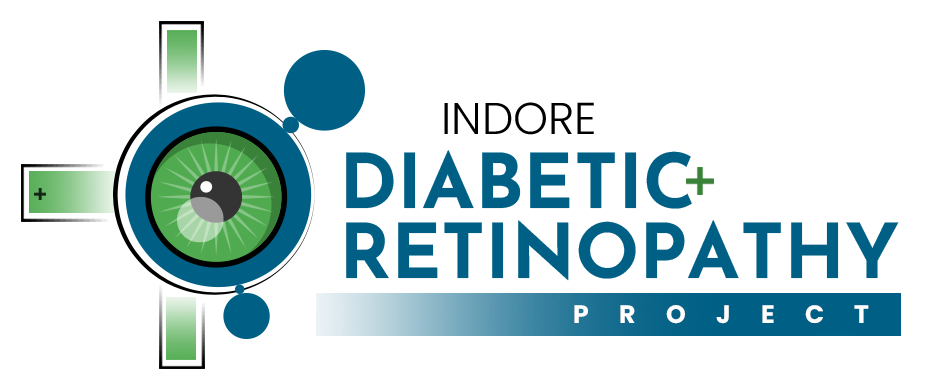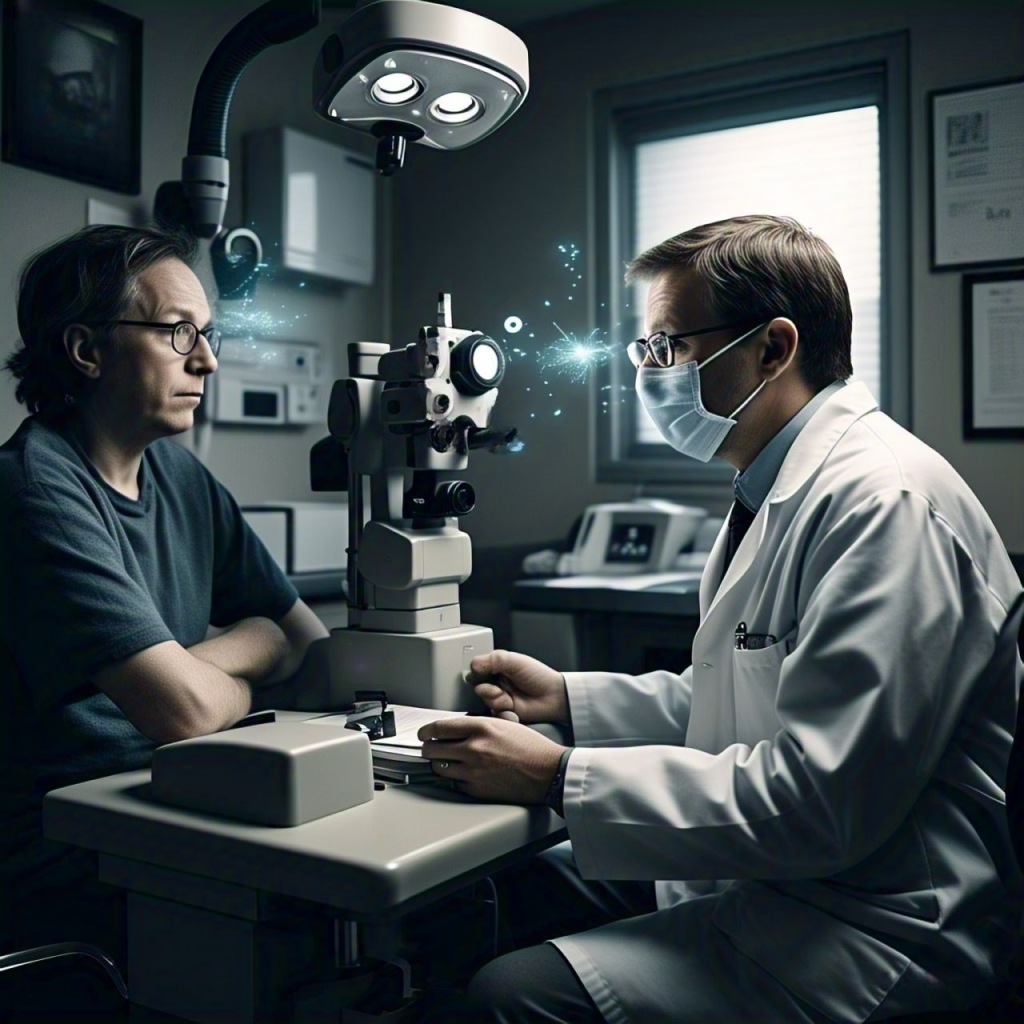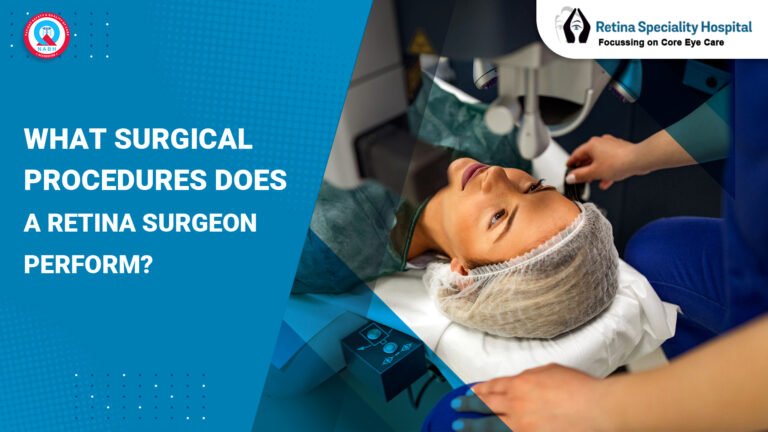Introduction
Have you ever noticed tiny specks, cobwebs, or flashes of light in your vision? These visual disturbances, known as floaters and flashes, are common but can sometimes indicate a serious eye condition. If you’re experiencing persistent floaters or sudden flashes, it’s essential to understand when they might signal a problem requiring urgent medical attention.
In this article, we’ll explore the causes of floaters and flashes, when they are a cause for concern, and why visiting the best retina specialist in Indore is crucial for your eye health.
What Are Eye Floaters & Flashes?
Understanding Floaters
Floaters appear as small, dark shapes drifting across your vision. They can look like:
- Spots or specks
- Threads or cobwebs
- Squiggly lines or blobs
These are actually tiny clumps of gel or cells inside the vitreous, the clear gel that fills the inside of your eye.
Understanding Flashes
Flashes are sudden bursts or streaks of light that appear in your vision, even when your eyes are closed. These occur when the vitreous gel pulls on the retina, stimulating it to produce light signals that the brain interprets as flashes.
Common Causes of Floaters & Flashes
- Aging: As we age, the vitreous gel shrinks and becomes more liquid, leading to floaters.
- Posterior Vitreous Detachment (PVD): The vitreous separates from the retina, which can cause both floaters and flashes.
- Retinal Tears or Detachment: If the retina gets torn, it can lead to a serious condition requiring immediate medical attention.
- Eye Infections or Inflammation: Conditions like uveitis can cause floaters.
- Eye Trauma: Injury to the eye can lead to sudden floaters and flashes.
- Diabetic Retinopathy: Uncontrolled diabetes can damage the retina, leading to vision disturbances.
When Should You See a Retina Specialist?
While occasional floaters are normal, you should visit an eye retina specialist near me if you experience:
- A sudden increase in floaters or flashes
- A shadow or curtain effect over part of your vision
- Blurred vision or a sudden loss of vision
- Eye pain or redness along with floaters
These could be signs of a retinal tear or detachment, which requires immediate treatment to prevent permanent vision loss.
How a Retina Specialist Can Help
A retina specialist is a highly trained eye doctor specializing in the diagnosis and treatment of retinal conditions. They use advanced imaging techniques such as:
- Dilated Eye Exams: To examine the retina thoroughly
- OCT Scans (Optical Coherence Tomography): Provides detailed images of retinal layers
- Fluorescein Angiography: Detects blood flow issues in the retina
If necessary, treatments like laser surgery or vitrectomy may be performed to prevent further damage.
Importance of ROP Screening for Newborns
If you’re searching for a ROP screening test near me, it’s crucial to have preterm babies screened for Retinopathy of Prematurity (ROP). Early detection and treatment of ROP can prevent lifelong vision impairment.
Preventive Tips for Maintaining Retinal Health
- Get regular eye check-ups, especially if you have diabetes or a family history of retinal diseases.
- Maintain a healthy lifestyle with a balanced diet rich in eye-friendly nutrients.
- Protect your eyes from excessive screen time and harmful UV rays.
Frequently Asked Questions (FAQs)
1. Are floaters and flashes always a sign of a serious eye condition?
Not always. Occasional floaters are common and usually harmless. However, a sudden increase in floaters or flashes may indicate a retinal issue that requires immediate medical attention.
2. Can floaters go away on their own?
Floaters may fade over time, but they usually don’t disappear completely. If they become bothersome, a retina specialist can evaluate treatment options.
3. How is a retinal tear treated?
Retinal tears can often be treated with laser therapy or cryotherapy to prevent progression to retinal detachment.
4. What is the best way to prevent retinal diseases?
Regular eye check-ups, a healthy diet, and managing conditions like diabetes and hypertension can help prevent retinal diseases.
5. Where can I find the best retina specialist for my condition?
If you’re looking for the best retina specialist in Indore, visit Retina Speciality Hospital for expert care and advanced treatment options.
Conclusion
Floaters and flashes can sometimes be harmless, but they may also indicate serious retinal issues requiring immediate attention. If you experience sudden changes in vision, consult a retina specialist doctor promptly to safeguard your eye health.
For expert care and the latest in retinal treatments, visit Retina Speciality Hospital today.












